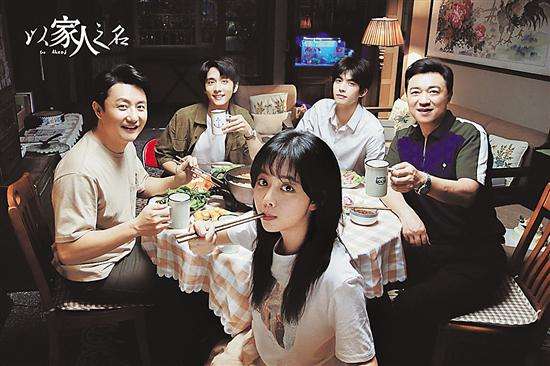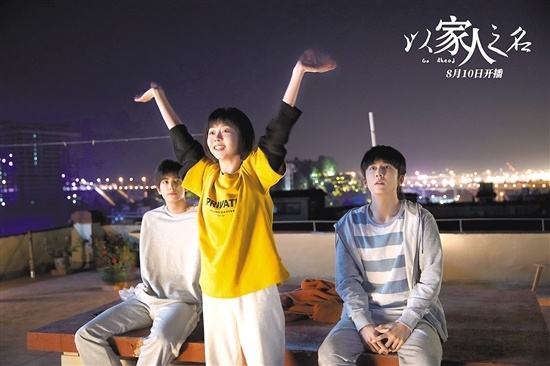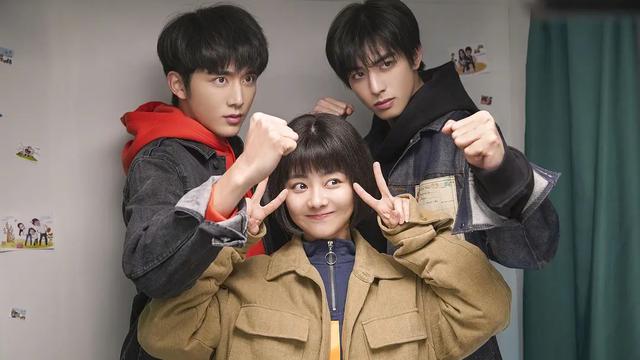


"Go Ahead"
Review of a Chinese TV Series
by
Dimitri Devyatkin,
American filmmaker
www.devyatkin.org
40 Episodes
The series tells the story of three non blood-related kids who became each other's family. It premiered on Hunan TV. And showed widely in China, Vietnam, on YouTube, Netflix, and other networks.
My own personal taste in TV series is for The Sopranos and The Wired. I usually prefer spicier fare than Go Ahead. This series is a high-octane, super sweet confection. I got seriously hooked. It tugs at your heart strings. I felt deeply moved by the story, and felt close to the characters. The heavy emotional overlay draws the viewer into a marvelous world. It is filled with deep emotions, extremely warm people. Characteristics we recognize everywhere are just as evident in this view of China, from crass commercialism, deep love, dirty tricks, kindness and hatred. Just like anywhere.
I disliked the intrusive music. It often disturbed me, making fun of certain situations, intruding in the events, heavy-handedly telling the viewer what to think. I would have asked the editor to use real sound and skip the super sweet “commentary” music.
The views of Chinese life are exquisite, shocking and astonishing. I visited China eight times in the 1980s so I was especially surprised and impressed by seeing it now. The series is based in a big city, where everything gleams of international box culture.
The central character is a master cook, who is the basis of the new family. Food is the essence of his love and nurture. He is the most likable character in the series. The nonstop flow of amazing dishes on screen makes me hungry over and over! And the profession of master cook is shown with great love and respect.
The three young people are all superstar actors, and they grace the screen with their presence. I love the young girl star who plays Jian Jian. She is entirely natural, outspoken, immensely attractive. The young actress who plays her in early childhood is also perfectly cast and an excellent actress in her own way.
Especially revealing for the non-Chinese audience is the open showing of some less admirable characteristics. Many of the persons we meet are cruel and despicable. The neighborhood gossipers are cruel. The beautiful film actress girl is nasty. We see family strife, a husband beating his wife, children being abandoned, pretty women lured to Singapore for a “better life” with a Mercedes-driving sugar daddy. People strike each other frequently, fall down stairs, get violently ill, and too many scenes are before the door to the Emergency Room. There is no attempt to pretty up these ugly sides of life in China. It is refreshingly honest that China can be so open about shortcomings and difficulties.
The plot seems to slow down. Everything is presented with gobs of sweetness, and there are few ongoing plot lines. Every character presented seems to have a backstory stained by divorce, death, betrayal. As the story goes on, the characters all get older, and their relationship goes through trials and even fist fights.
The same ongoing themes are accompanied by the same sweet background music. It seems the composer got more serious and inserts much “joking” musical commentary.
Just like life itself, the series seems to go up and down with mild perturbations. Otherwise, there are no driving themes, just the kindness of the lead character, the cook, who finally finds love and marriage.